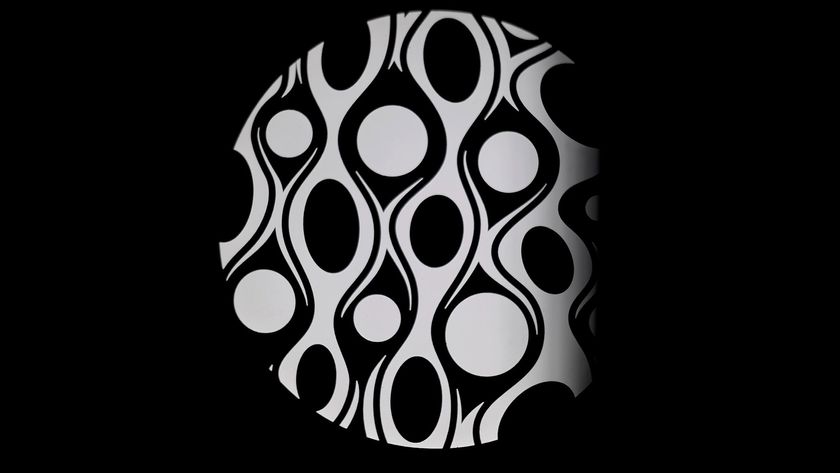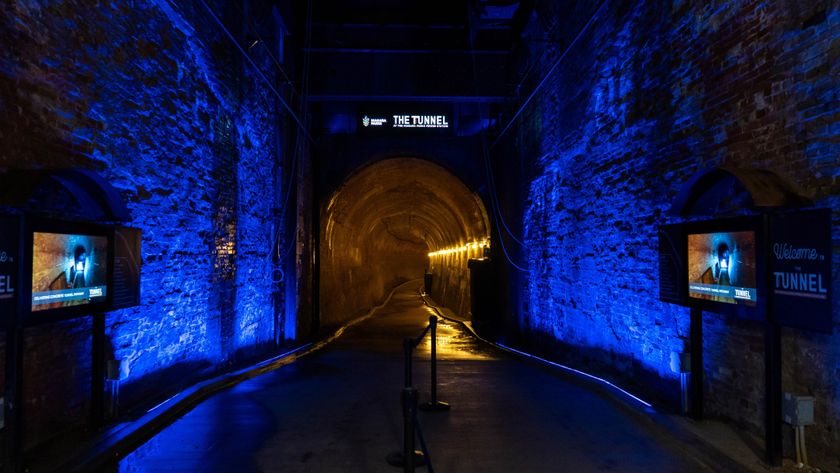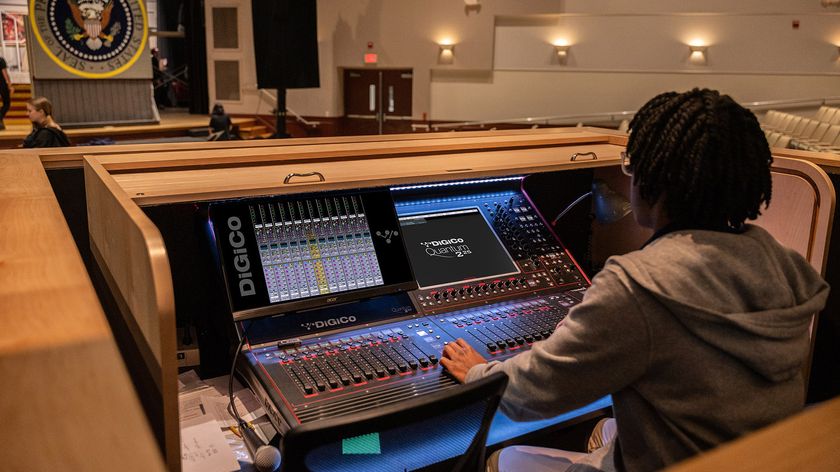Demonstrating the flexible power and scalability of its digital audio networking platform, Biamp Systems has supplied eight AudiaFLEX systems to the Calgary (Canada) Stampede, one of the world's largest outdoor entertainment events. Along with the eight AudiaFLEX CobraNet Modules (CM), Biamp also supplied two AudiaEXPIs and 15 AudiaEXPOs.
AudiaFLEX is being installed as part of an ongoing renovation at the facility. Until this year, the organization had relied on an older analog communications system that had begun to require extensive servicing. In addition to a recently built stage and various other venue changes, the layout was becoming more complex. The Stampede and its consultants, McSquared of Vancouver, decided a new digital system with flexible programming and routing capabilities was required.
The company specified eight Biamp AudiaFLEX CMs. Because AudiaFLEX is inherently flexible in design, the user can choose any configuration of input and output pairs to create a system. The system at the Calgary Stampede was designed with 32 IP2 inputs and 64 OP2e outputs. Beyond this firepower, the consultants further extended its capabilities by adding two AudiaEXPI input modules and 15 AudiaEXPO output modules. Each module provides eight channels of expansion for the core unit.
"As entertainment venues increase the sophistication of their communications networks, the modularity and flexible power of Audia's DSP engine becomes more evident," said Ron Camden, vice president of sales, Biamp Systems. "The Calgary Stampede, as one of the world's largest rodeos with stage show and chuck wagon races, places great demands on a system, and we are honored that AudiaFLEX was called on to do the job. This venue demonstrates the flexible power of Audia's DSP engine over our digital audio platform. The use of Audia along with our EXPI and EXPO by MC2 was ingenious."
An additional 20 EXPI and 20 EXPO modules were employed without DSP as part of the CobraNet audio-trunking configuration, run on a 1GB fiber-optic CobraNet network separate from the permanent distributed sound equipment rooms.
Barry McKinnon, senior consultant at McSquared, stated that, beyond flexibility, reliability was a critical factor. "There were two main reasons that Audia was one of the products that the Stampede was more comfortable with," he said. "Since most of the Audia EXPI/EXPO product was going to be used for CobraNet trunking of signals between several equipment rooms, it had the easiest and most flexible front-panel CobraNet bundle assignment of all the products being considered, and it had front-panel analog input level trim controls."
And since the AudiaFLEX CM had been in production longer than many other products, the Stampede organization was more comfortable with the perceived reliability. "Reliability was the single biggest driving force behind this upgrade," McKinnon asserted, "as the analog processing had reached the end of its reliable service lifetime. The final system configuration sounded much cleaner than the original analog signal processing it replaced, and was much more flexible. There was enough DSP in reserve to be able to add compressors or delays as required as the production requirements changed."









